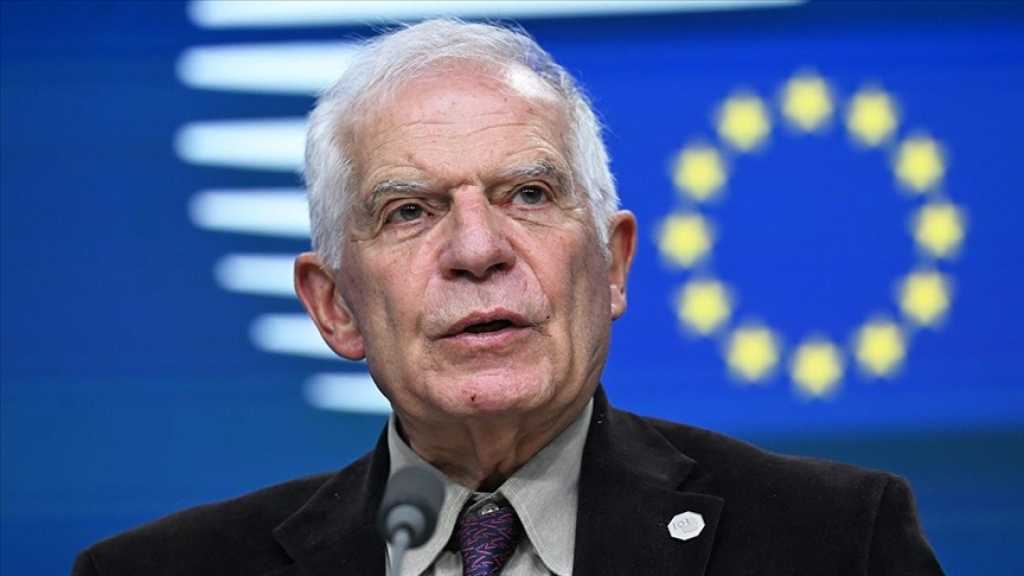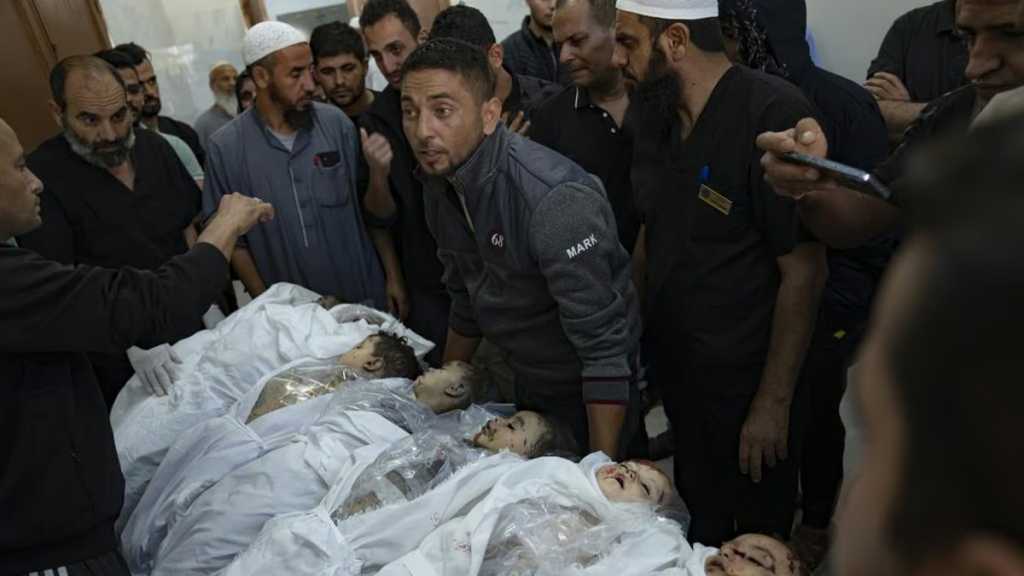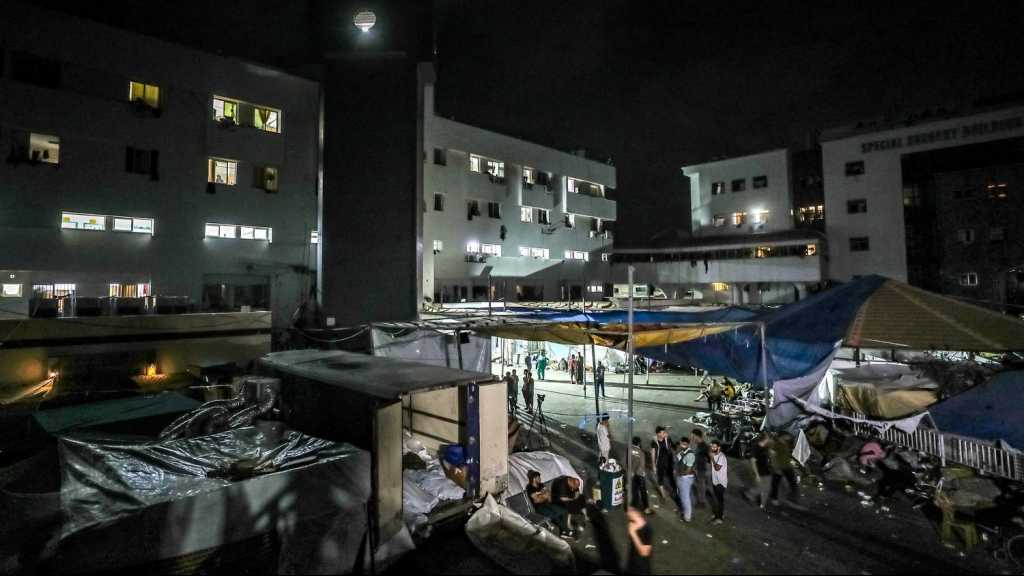
EU Foreign Policy Chief: Gaza in State of Man-made Famine by ‘Israel’

By Staff, Agencies
The EU foreign policy chief Josep Borrell warned that Gaza is already “in a state of famine”, saying the situation is “entirely man-made” by “Israel”.
“In Gaza, we are no longer on the brink of famine, we are in a state of famine affecting thousands of people,” Borrell told the opening ceremony of the two-day European Humanitarian Forum 2024 in Brussels.
He further stated that “This is unacceptable,” adding: “Starvation is used as a weapon of war.”
Borrell warned that the besieged strip is “becoming a territory without any kind of order,” due to conflict that started last October.
“The territory of Gaza is very quickly becoming a territory without any kind of order, is more and more looking like Haiti, Somalia, Syria, or Mosul. This will be the first failed state before having existed,” he added.
The European top diplomat also voiced hope that “in the intermediate future the discussion of the United Nations Security Council will allow for a cease-fire in Gaza”.
For his part, the EU commissioner for crisis management warned that humanitarian aid is far away from meeting the “alarming” needs resulting from the “very high number” of conflicts, saying the lifeboat is “sinking”.
“The lifeboat of humanitarian aid is increasingly helpless against the growing alarming of humanitarian needs. Make no mistake, this lifeboat is sinking. And the time is running out for us to fix it,” Janez Lenacic said.
“In 2023, we witnessed the highest number of active conflicts since the end of the World War II, becoming more protracted and complex with horrific consequences, as we can see from Gaza to Ukraine, to Sudan, and beyond.”
He urged not only EU member states but other countries as well to adopt the goal of allocating 0.07% of their gross national income for humanitarian aid.
The UN relief chief, in his address, warned that the relief efforts are "facing an alarming humanitarian funding crisis."
"We are all and our colleagues in the field in particular daily, making extremely difficult decisions, decisions about life and death, about what to fund and who to prioritize," Martin Griffiths, the under-secretary-general for humanitarian affairs and emergency relief coordinator, lamented.
Mirjana Spoljaric, the president of the International Committee of the Red Cross [ICRC], urged all states to "do even more to uphold your collective responsibility and exert your political influence in three areas."
Those three areas, according to Spoljaric, are respecting international humanitarian law, ensuring all people affected by war and violence, even in neglected contexts, have access to humanitarian assistance and protection, and lastly, protecting the work of neutral and independent humanitarian actors.
Belgian Minister of Development Cooperation Caroline Gennez, for her part, underscored that the humanitarian aid system "cannot be carried alone by a few donors only."
“It is our duty of all of us to provide adequate funding so that basic services can be provided to civilians in conflict all over the world,” she urged.
Comments
- Related News


